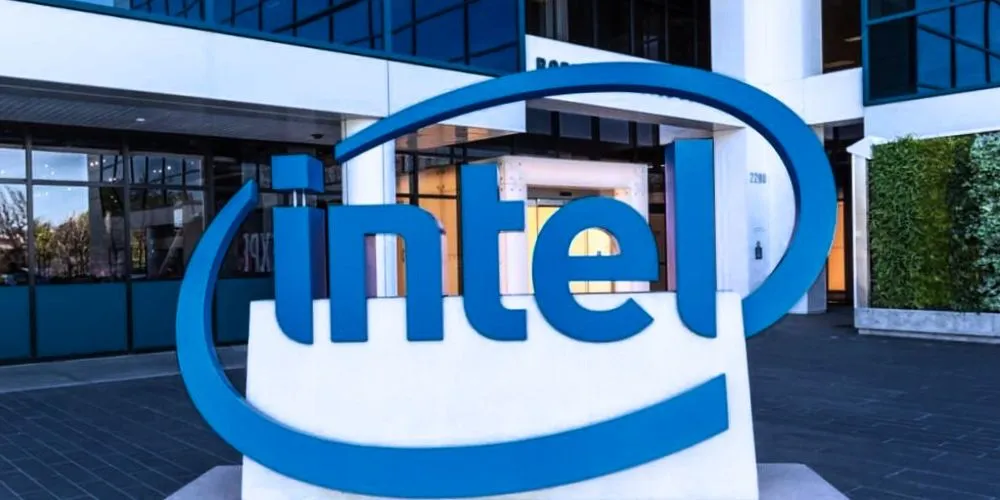Key Points
- Intel’s stock has significantly declined, losing nearly two-thirds of its value in 2024.
- The company is considering cost-cutting measures, including selling parts of its business, which may impact its competitive positioning.
- Intel struggles to compete with agile rivals like Nvidia and AMD, missing out on AI-driven growth.
- Most analysts recommend holding Intel stock, with few seeing a clear path to recovery in the near term.
Intel Corporation’s (INTC) stock has been facing significant challenges, with a sharp decline in value and growing concerns over its ability to recover. While some recent reports of potential strategic changes have sparked hope for a turnaround, analysts remain cautious about Intel’s future, suggesting that the company’s path to recovery is far from guaranteed.
Intel was overtaken by Nvidia (NVDA) in 2020 and has struggled since. The company’s stock has lost about a third of its value since its latest earnings in August and nearly two-thirds since the start of 2024, making it one of the worst-performing S&P 500 stocks this year. The decline has led to speculation that Intel could lose its place in the Dow Jones Industrial Average, a major blue-chip index.
The company is reportedly exploring options to cut costs, including selling parts of its business, such as its foundry unit and Altera programmable chip unit, and trimming stakes in companies like MobileEye (MBLY). However, analysts warn that while these moves might simplify operations and raise capital, this could also hinder Intel’s ability to compete with rivals such as Nvidia and AMD, who have been gaining market share in the AI-driven chip market.
Intel’s CEO Pat Gelsinger, who took over in 2021, acknowledged the challenges, noting that Intel is working to “close the technology gap” created by years of underinvestment. However, analysts from Bank of America and Jefferies express skepticism, citing Intel’s struggle to compete against more focused and agile companies.
The company’s issues could also impact its eligibility for nearly $20 billion in CHIPS Act incentives, which require Intel to meet specific milestones and manufacturing targets. Intel has not received funds from the CHIPS Act, and officials are seeking more information about its roadmap.
Analysts remain cautious, with most advising investors to hold their positions. Out of 19 analysts tracked by Visible Alpha, only one rated Intel as a “buy,” while most recommend holding, reflecting the uncertainty surrounding Intel’s future.





